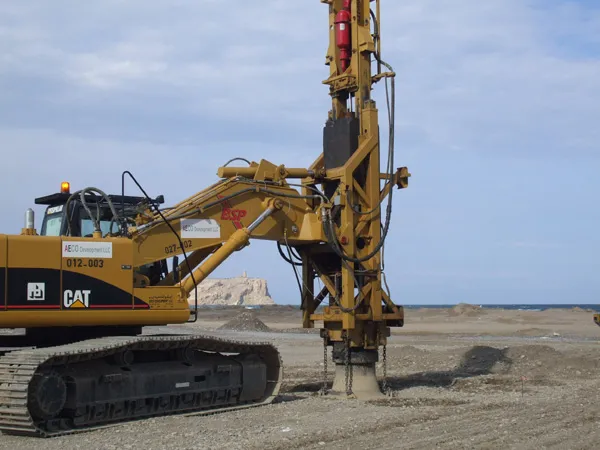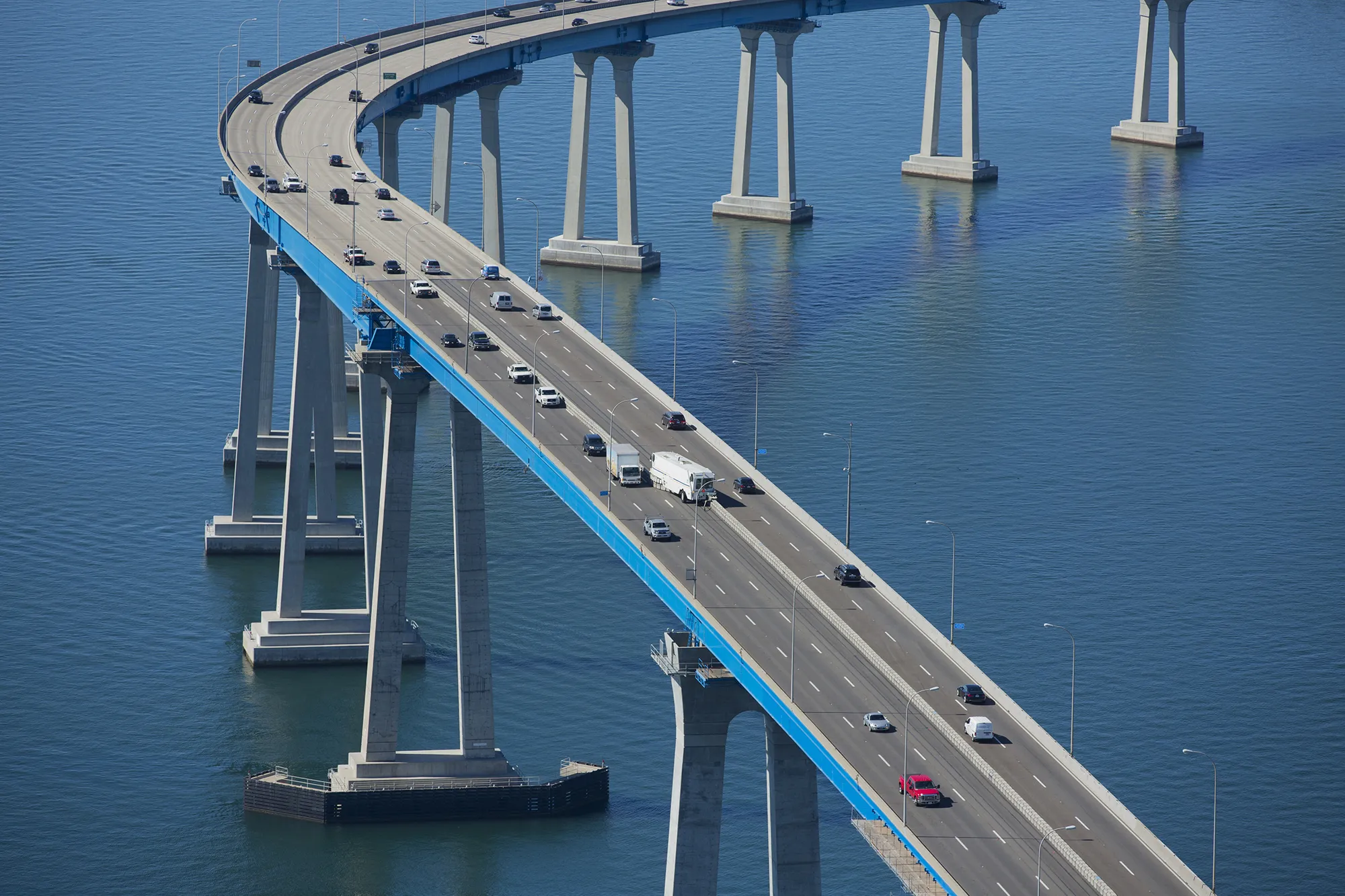A new road tolling system is to be implemented in Abu Dhabi in the United Arab Emirates. Sophisticated electronic tolling technology is being installed at the four bridges, Al Maqtaa, Mussafah, Sheikh Zayed and Sheikh Khalifa, that connect with Abu Dhabi city. Introducing this tolling system is expected to generate an estimated US$109 million/year in revenue. This will be used to help develop transport infrastructure in Abu Dhabi so as to reduce the reliance on the road network for commuting, improving traf
August 7, 2019
Read time: 1 min
A new road tolling system is to be implemented in Abu Dhabi in the United Arab Emirates. Sophisticated electronic tolling technology is being installed at the four bridges, Al Maqtaa, Mussafah, Sheikh Zayed and Sheikh Khalifa, that connect with Abu Dhabi city. Introducing this tolling system is expected to generate an estimated US$109 million/year in revenue. This will be used to help develop transport infrastructure in Abu Dhabi so as to reduce the reliance on the road network for commuting, improving traffic flow and reducing congestion levels. Abu Dhabi’s Department of Transport has said that the scheme will commence operations on Tuesday, October 15th 2019.









